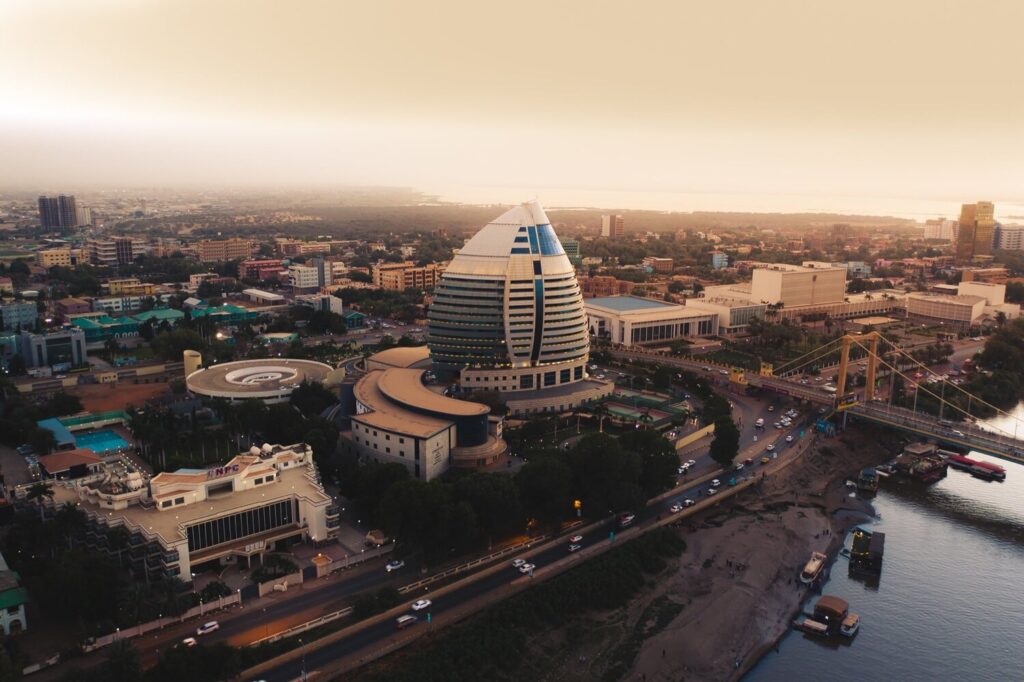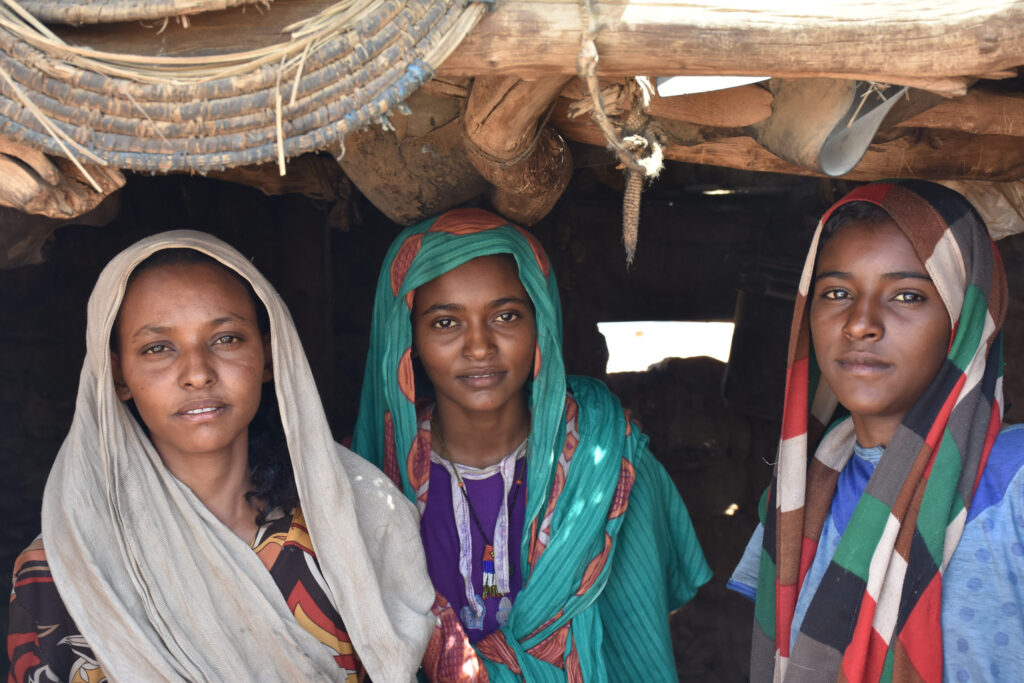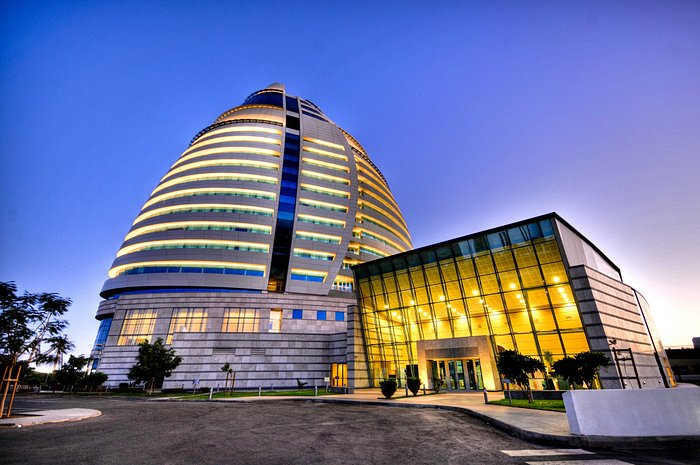
Sudan, a nation located in northeastern Africa, has long been a land steeped in history and endowed with a wealth of resources. Despite facing various challenges over the years, Sudan possesses immense potential that, if properly harnessed, could propel the nation towards unprecedented growth and prosperity.
Sudan’s fertile soil and diverse climate conditions create a haven for agricultural growth. The country has large tracts of arable land that could be utilized for crop cultivation, making it a potential breadbasket for the region. Crops such as sorghum, millet, wheat, and cotton flourish in the country. The Blue Nile and White Nile rivers further add to the irrigation potential, facilitating crop production and reducing water scarcity issues. With the implementation of modern farming techniques, better infrastructure, and proper investment, Sudan’s agriculture sector could experience exponential growth, fostering food security and generating economic prosperity for the nation.
Sudan is endowed with significant mineral resources that remain largely unexplored. Gold, copper, chromium, and uranium are among the valuable minerals found in abundance. While gold production has been a notable contributor to the economy, there is considerable potential for the development of the mining sector. To attract foreign investment and ensure responsible extraction, Sudan must create a stable regulatory environment, provide clear guidelines, and focus on sustainable practices. By doing so, Sudan can significantly boost its export revenues and diversify its economy, thus reducing reliance on a single revenue source.

Situated at the crossroads of Africa, the Middle East, and the Red Sea, Sudan boasts a strategic geographical location that opens up a plethora of opportunities. The Red Sea coast offers tremendous potential for trade, maritime activities, and tourism. A well-developed port infrastructure could serve as a vital gateway for international commerce, making Sudan a crucial player in regional and global trade networks. Moreover, the country’s proximity to the Gulf countries, Europe, and Asia provides a strategic advantage for investment and economic cooperation.
Sudan experiences abundant sunlight throughout the year, making it an ideal candidate for harnessing solar energy. With solar power becoming increasingly affordable and efficient, Sudan could make substantial strides towards achieving energy independence and reducing its carbon footprint. By investing in solar projects, the nation can improve access to electricity in rural areas and power industrial growth sustainably.

Sudan’s rich cultural and historical heritage offers vast potential for tourism and cultural exchange. The ancient Nubian civilization, the pyramids of Meroe, and the unique traditions of various ethnic groups make Sudan a fascinating destination for travelers. Developing tourism infrastructure, preserving archaeological sites, and promoting cultural events could attract visitors from around the world, bolstering economic growth and fostering greater appreciation for Sudan’s diverse heritage.
Sudan stands on the brink of a transformative era, with immense potential lying dormant and waiting to be unlocked. By capitalizing on its abundant agricultural opportunities, untapped mineral wealth, strategic location, renewable energy potential, and cultural heritage, Sudan can usher in an era of sustainable development and economic prosperity. To achieve this, it is essential for the government to implement policies that foster a conducive business environment, attract foreign investment, prioritize education and infrastructure development, and address any lingering political challenges. With these concerted efforts, Sudan can undoubtedly emerge as a shining example of progress and potential in Africa and beyond.
